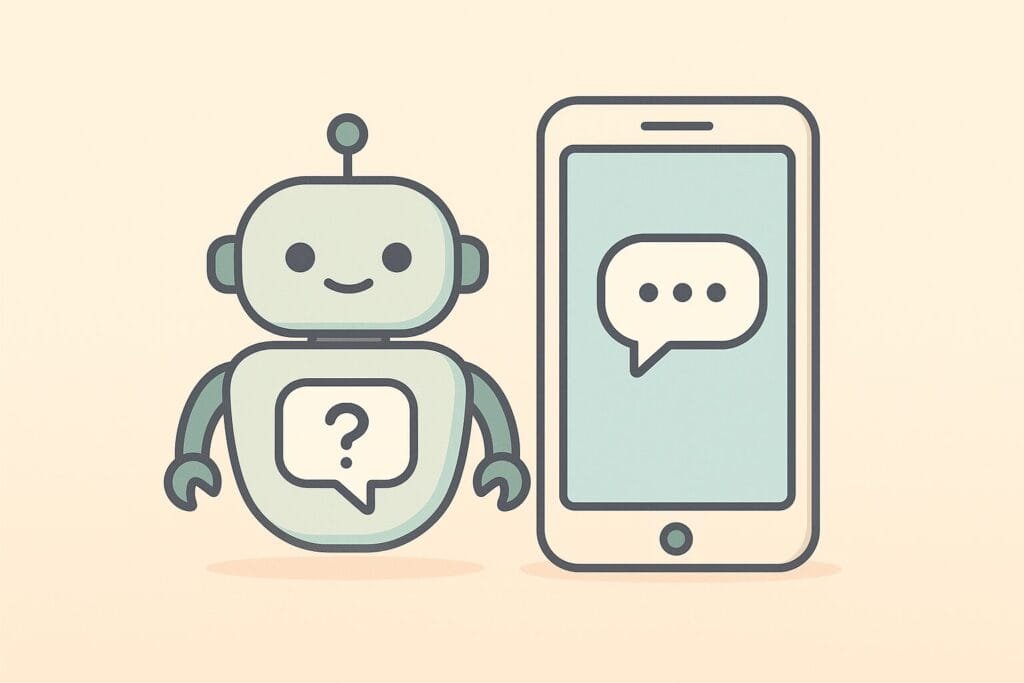Mobile applications are a central part of our daily lives, and with them comes the need for effective customer support. Traditionally, businesses have relied on automated chatbots to handle user inquiries inside their mobile apps. However, the rise of advanced AI tools like ChatGPT has introduced new possibilities. This article explores whether ChatGPT can truly replace your existing mobile app support bot, highlighting the advantages, challenges, and potential outcomes for businesses and developers.

Understanding Mobile App Support Bots
A mobile app support bot is typically programmed to answer predefined questions, guide users through common processes, and escalate issues to human agents when needed. While these bots can handle basic queries efficiently, they often struggle with complex or nuanced conversations. This is where conversational AI models like ChatGPT enter the picture.
What is ChatGPT?
ChatGPT is a language model developed by OpenAI, designed to understand and generate human-like text. It has the ability to handle open-ended questions, adapt to user input, and provide responses that feel more natural compared to rule-based bots. Unlike traditional bots that rely on limited scripts, ChatGPT continuously learns from vast amounts of data and can generate responses that go beyond predefined patterns.
Why Consider Replacing Traditional Support Bots?
There are several reasons why businesses are evaluating ChatGPT as a replacement for their current support bots:
- Improved Conversation Quality: ChatGPT can simulate human-like interactions, making support feel more personal.
- Broader Knowledge: It can respond to a wider range of questions compared to fixed-script bots.
- Faster Adaptability: Developers can integrate ChatGPT with APIs and databases, ensuring more dynamic responses.
- Cost Savings: Businesses may reduce reliance on large support teams while maintaining high-quality user experience.
Comparison: Traditional Bots vs. ChatGPT
| Feature | Traditional Support Bot | ChatGPT |
|---|---|---|
| Response Type | Predefined, rule-based | Dynamic, context-aware |
| Complex Question Handling | Limited | Advanced, flexible |
| Integration with APIs | Basic | Highly adaptable |
| Cost Efficiency | Moderate, with scaling issues | High, reduces human support needs |
| Personalization | Low | High |
Challenges of Using ChatGPT as a Support Bot
Despite its advantages, ChatGPT is not a perfect replacement. Some challenges include:
- Accuracy Concerns: ChatGPT may generate responses that sound correct but are factually inaccurate.
- Cost of API Usage: Continuous usage of ChatGPT via API may result in higher operational costs compared to lightweight traditional bots.
- Data Privacy: Businesses must ensure compliance with data security standards when integrating ChatGPT.
- Need for Fine-Tuning: While ChatGPT is versatile, customization is required to align with specific business needs.
Can ChatGPT Fully Replace Traditional Support Bots?
The answer depends on your business model and customer needs. For applications that require handling diverse queries and ensuring a natural user experience, ChatGPT offers significant benefits. However, for simple apps where users only need guidance through repetitive tasks, a lightweight traditional bot may still be sufficient.
Best Use Cases for ChatGPT in Mobile Apps
- E-commerce: Assisting customers with product recommendations, order tracking, and returns.
- Healthcare: Providing general health information, appointment reminders, and patient onboarding.
- Education: Helping students with explanations, practice questions, and learning support.
- Finance: Answering FAQs about transactions, credit cards, or account management.
External Reference
To dive deeper into the practical applications of ChatGPT and AI in customer service, you can read more on OpenAI’s official blog.
Conclusion
ChatGPT has the potential to significantly transform mobile app customer support. While it may not completely replace traditional support bots in every scenario, it can act as a powerful upgrade for businesses seeking better engagement, smarter responses, and a more human-like interaction model. By carefully balancing costs, customization, and privacy, developers can leverage ChatGPT to deliver outstanding support experiences inside their mobile applications.

